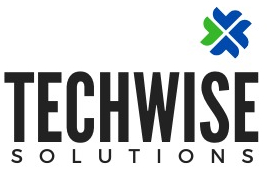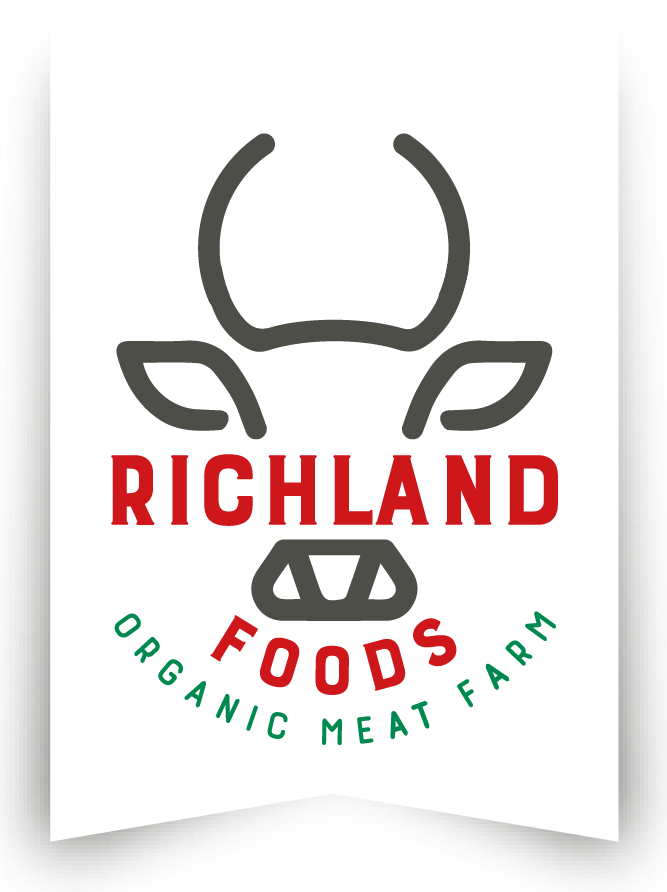About Richland Foods Ltd
Richland Foods Ltd (RLF) is a women-led Ugandan meat production, processing, packaging, and retail company committed to making safe and healthy meat the norm. Founded in 2020 during the COVID-19 pandemic, the company was born out of a need to provide Ugandan households with affordable, high-quality, GMO-free meat products, including sausages, specialty cuts, and pet food under the Yo’ Nyama brand.
Operating from Makerere University’s Food Science and Technology Incubation Centre and a model farm in Luwero District, RLF sources and processes beef, pork, and chicken using environmentally conscious methods. With over 50% of its workforce made up of women, Richland Foods is not only building a household meat brand but also empowering women and youth in agriculture.
Challenges Before ERPNext Implementation
As the company expanded from its initial kitchen concept to full production and multiple sales outlets, managing operations manually became overwhelming. Key challenges across departments included:
1. Stock & Inventory Management
- Difficulty tracking inventory in real time across multiple locations (production center and retail branches).
- No accurate record of stock balances, especially during busy production and sales periods.
- Challenges in managing product expiry dates, waste, and returns.
2. Sales & Point of Sale (POS)
- Inability to track daily sales, returns, and losses accurately per branch.
- No clear visibility into best-selling products or sales performance by outlet.
- Delayed reconciliation of sales data with stock movement.
3. Procurement
- Supplier records were disorganized, with no centralized tracking of purchases, deliveries, or pending orders.
- Difficulty determining which supplier delivered what, and when.
- Manual requisitions and approvals led to delayed restocking and overstocking in some cases.
4. Accounting & Finance
- No integrated system to track income, expenses, and bills across departments.
- Manual tracking of payments made to suppliers, utility bills, salaries, and other financial obligations.
- Lack of real-time financial reporting made budgeting and planning difficult.
5. Manufacturing & Yield Tracking
- Complexities in tracking the production process: accounting for inputs (e.g. whole cow), processed outputs (e.g. cuts, sausages), and by-products (e.g. waste/scrap).
- No standard way of calculating yield, losses, or cost per finished product.
- Challenges in managing production batches and quality control consistently across branches.
6. Time & Labor Management (Implied Challenge)
- Difficulty tracking employee hours, especially in the production line.
- Payroll inaccuracies due to inconsistent attendance records and manual calculations.
How ERPNext Solved Richland Foods’ Challenges
The deployment of ERPNext revolutionized operations at Richland Foods Ltd by unifying all business processes into a centralized digital platform. Each department saw measurable improvements:
Inventory & Stock Control
- Real-time stock updates across all branches and warehouses.
- Automated alerts for low-stock items, expiry tracking, and stock aging.
- Easy visibility of stock balances per location, reducing stockouts and overstocking.
Sales Management & POS
- Daily sales automatically recorded via ERPNext’s POS system.
- Sales dashboards showing revenue, top products, and returns by branch.
- Easy reconciliation of cash and digital payments with inventory movement.
Procurement Management
- A structured procurement workflow with supplier records, purchase orders, and receipts.
- Automated tracking of order status, delivery timelines, and outstanding supplier balances.
- Purchase analytics to monitor spending by item or supplier.
Accounting & Finance
- Automated tracking of expenses, vendor payments, and bills.
- Financial reports such as Profit & Loss, Cash Flow, and Balance Sheets available in real time.
- Linked financial documents (quotes, invoices, payments) for better traceability.
Manufacturing & Yield Tracking
- Defined Bill of Materials (BoMs) for each product to account for inputs, outputs, and waste.
- Batch tracking to monitor yield and quality per production run.
- Ability to calculate actual vs. expected output and scrap for performance evaluation.
Human Resource & Payroll (Optional)
- Employee attendance tracking via timesheets.
- Automated salary calculations based on roles, time worked, or production output.
- Centralized employee database for easy access and compliance.
Impact of ERPNext on Richland Foods Ltd
The ERPNext system provided RLF with clarity, control, and scalability. Key impacts include:
1. Enhanced Efficiency
- Automated processes reduced the need for manual entries and spreadsheets.
- Faster decision-making enabled by real-time dashboards and reports.
2. Improved Traceability & Compliance
- Complete tracking of every product from farm to shelf, supporting food safety standards and audits.
- Improved ability to handle UNBS certification and future export requirements.
3. Reduced Waste & Increased Profit Margins
- Better control over production inputs and scrap led to minimized losses.
- Accurate stock management reduced expired and unsold items.
4. Greater Financial Control
- Real-time financial visibility helped in managing budgets and reducing overhead.
- Easier auditing and compliance with tax obligations.
5. Business Growth Readiness
- The system now supports multiple branches and sales outlets, with room for scale.
- Richland Foods is positioned to expand distribution and explore regional exports with confidence.
Conclusion
Richland Foods Ltd has successfully transitioned from manual, paper-based operations to a fully digital, streamlined system using ERPNext. By embracing technology, the company has strengthened its mission of delivering safe, high-quality meat to Ugandan households while empowering women and youth through inclusive employment.
The implementation of ERPNext has given Richland Foods the tools they need to scale sustainably, ensure transparency, improve profitability, and delight customers — one premium sausage at a time.
So, from their kitchen to yours… Dig In!




